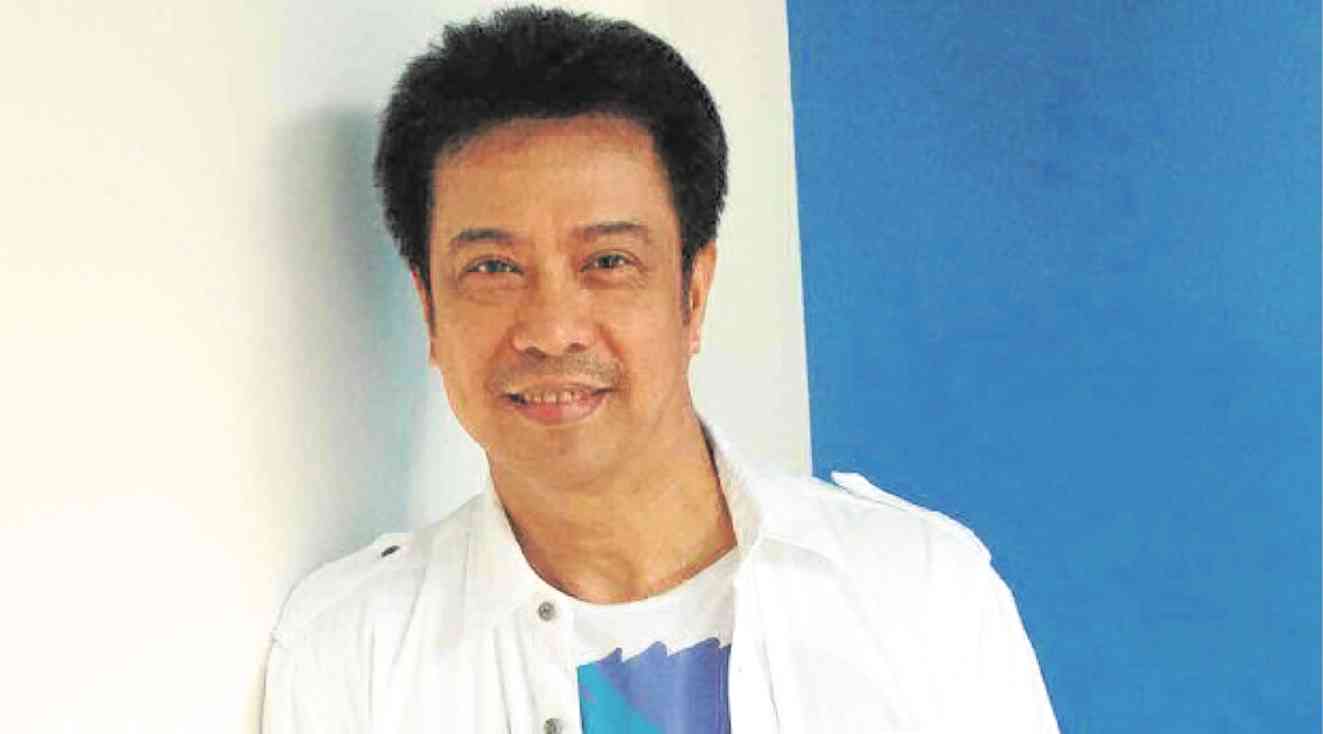Voice care tips from the country’s seasoned performers
How do the country’s seasoned singers take care of their voices? What do they do when they have to perform while sick or when they lack sleep? How do they adapt with the changes their instruments naturally undergo as they age?
In this forum, some of our gifted singers share with the Inquirer their voice care tips.

Christian Bautista
Christian Bautista
When your voice isn’t in great shape…pray! Try to relax and apply vocal techniques so you could still perform well.
The audience will notice it, but if your heart is in the right place and you aim to entertain them, they will still love it.
My voice has changed a bit—it’s now more mature. And I adapt by changing how I attack certain songs.
In my new single, “Kapit,” for instance, there are lots of falsettos and notes I don’t usually sing. Performing it live is a challenge, but it reflects what my voice can do now.
To protect my voice, I vocalize and do cardio exercises. I drink lots of water and try to avoid acidic food. You also have to rest and find the right singing technique.

Jinky Vidal
Jinky Vidal
When I was with Freestyle, I used to sing about five times a week. The gigs were usually at lounges or bars, where it could get really loud. When that’s the case, you’re forced to increase the volume of your voice. And so, by weekend, my voice is already shot!
Now, as much as possible, I try to get at least six hours of sleep before a show. If I’m not well-rested, expect my voice to be a little shaky and feeble.
Sometimes, my falsetto abandons me, too. It’s especially challenging when you have to sing a song that’s relentlessly high and doesn’t give you enough breathing room.
As you get more experienced, you understand your voice better—its strengths and limits.
If I know I have to sing at a particular day, I’d start vocalizing the days leading to it, even while taking a bath!
Also, coffee is very important for me—just a few sips, though, to perk up my voice and awaken my senses.

Kyla
Kyla
I drink lots of water and try to get enough sleep. Absolutely no cold drinks before and after a show, though!
When my voice is tired, or when I’m sick, but I still have to deliver a performance, I pray. I have always believed that “I can do all the things through Christ, who gives me strength.”
When I was younger, it was much easier to sing, especially hitting high notes.
But my voice changed as I got older—more so after I gave birth. But constant practice helps my voice get back in shape. Training is important.

Jed Madela
Jed Madela
When my voice isn’t in tip-top shape, but I still have to perform, I use vocal placement and try not to exert too much effort on my vocal cords.
It’s something you learn through time or by way of a vocal coach.
Also, if I have the upperhand in selecting the songs, I choose pieces that aren’t too taxing on the throat. Then I put my acting skills to good use—you pretend like you’re having a hard time!
My voice has changed throughout the years, and I have started feeling it. It’s not how it was around 10 years ago, but it has gained more character and depth.
Back then, I would do a set filled with high-pitched pieces. In my shows now, I have to be wiser: I do a mix of songs that cover my entire range.
It’s all a matter of how you take care of your voice. Discipline is very important in preserving it. Too much of anything—shouting, talking, extreme temperature, etc.—could cause permanent damage to the voice.
Personally, I don’t avoid any food or drinks, as long as they’re consumed in moderation. But I highly suggest warming up the voice, before using it.

Erik Santos
Erik Santos
I exercise to help improve my breathing, and vocalize to warm up my vocal cords. I also sleep a lot and drink plenty of water. Sweets and spicy food aren’t advisable before a performance.
When my voice isn’t in top condition, I use other singing techniques to help my voice come out. It’s very challenging to sing when you’re sick.
Throughout the years, I have learned to use my singing voice properly. I realized that it takes lots of discipline and hard work to keep my voice healthy.

Hajji Alejandro
Hajji Alejandro
You have to have vocal rest—a 10-hour sleep usually does the trick in restoring the voice. When I have a show, I make sure not to drink anything ice-cold—my weakness—in the days leading to it.
I also don’t drink alcohol. I started to smoke when I was in my teens, but quit when I went solo. You have to stop your vices if you’re hoping to prolong the quality of your voice.
Secondhand smoke could be just as bad. So, I avoid places with a lot of smoking going on.
I play golf, and I feel it helps that, once or twice a week, I get to breathe fresh air.
As you age, your voice gets lower—it can’t be avoided. So when I have to do a solo show for one or two hours, I bring down the key of some songs by half a step.
It doesn’t sound much, but it makes a huge difference for the singer. It helps your stamina. Younger singers tend to be more carefree in their singing. But now I have learned to pace myself.














